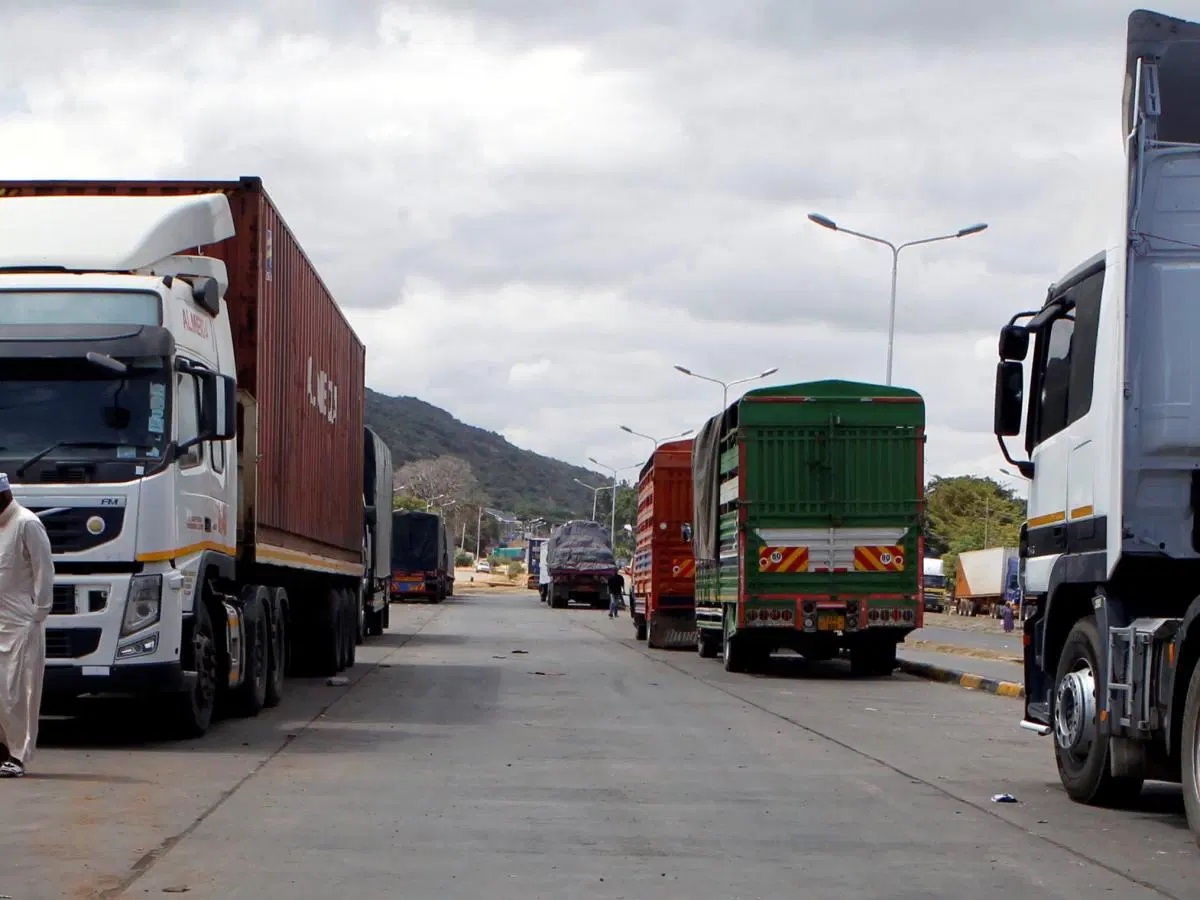AfricaPress-Tanzania: APPARENTLY, the world has come into full realization that the troublesome Covid – 19 is here to stay, and that there is little magic wand we can do to end its spread at the moment.
Few days ago, the World Health Organization (WHO) urged all the inhabitants of the earth to put the pandemic in the same group with other endemics like HIV/AIDS and measles, dashing all the hopes of getting vaccine in a short time possible.
There is no industry in the country that has escaped the pains of Coronavirus pandemic, but the ripple effects brought by some of economic actors are welcomed.
The recent response by the Bank of Tanzania (BoT) that aimed at easing the economic pain and increase monetary inclusion, it is evident that the measures will help increase consumption and by so doing boost per capita spending, an attribute which is essential in pepping up a slumbering economy.
The BoT’s decisive measures will cheapen the price of agriculture inputs and so increasing its accessibility to farmers and as a result productivity will respond positively.
These actions coupled with government’s disclosure of schools and colleges, will make domestic market attractive for our commodities – as this will incentivise more farmers to get to farm and produce more.
We are currently in the end of 2019/2020 season as many regions like Morogoro, Iringa, Ruvuma, Katavi, Mbeya and other regions in the lake zone, are in harvesting spree of maize whereas which will go up to September.
During the similar period, harvesting of paddy rice will kick – start. However, as we are celebrating the productive season, it is important that we get prepared to face a more daunting 2020/2021 season.
Almost all countries surrounding us are in a lockdown, an approach that is limiting farmers from engaging in their farming activities, by the time we start engaging ourselves with matters concerning 2020/2021 season, demand from our neighbours will be through the roof.
As expected, this will increase pressure on local food supply and risk our country from becoming food insecure.
Memories of the impacts brought by export ban imposed in 2017 – which risked killing grain industry in Tanzania – are still afresh in our mind. In reality, there is no farmer or trader who wants to get back to that hellish level.
During that time, price of maize grains declined to 300/- per kilo in some areas, many of the people in the value chain defaulted in their loans repayments which contributed to increased Non Performing Loans in a number of commercial banks that invested in the sector.
Seemingly a short time since when the first case of the virus infested Tanzanian was declared in March 16, 2020, but already growth projection of agricultural sector has responded negatively by slashing sector growth by 2 percent, from 5 percent in 2019 to 3 percent by the end of 2020, according to the recently released assessment by Deloitte Company.
The biggest contributor to this fall is reduced exports due to reduced demand from importing markets in overseas, for export oriented commodities like coffee, tea, flowers and fruits. Sales for commodities with dominance in the local markets; the likes of maize and rice have also responded slightly negatively by losing its share of consumption.
One may ask how can it happen that even food crops are ill affected by the pandemic while people still have to eat to survive?
The biggest part of the world took lockdown measures to ‘flatten the curve’, so that only few people gets infected as public health facilities try to improve their capacities to serve more patients.
Even those countries which were in a relatively relaxed mode like Tanzania, also imposed some forms of measures that intended to reduce congestion like schools, colleges and ceremonies closure.
While the rest of economic activities were allowed to continue, some people decided to take personal precautions by not attending to their usual working places or working from home.
While they continued taking food crops, its quantity was reduced because usually social gatherings tends to increase the rate of consumption as there are some food that are culturally consumed in public places like restaurants.
The above lessons remind us not to close our borders anymore.
Now, to lessen the effects and avoid dark days, we got to get higher seasonal output in the year so we are able to cater for crossborder trade as well as sustaining availability for local consumption.







